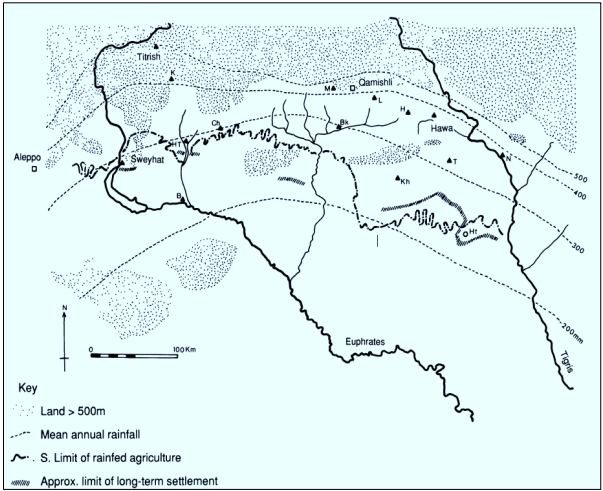- Knowledge Societies
-
-
Ancient Middle East
- Knowledge Economy
- Knowledge Politics and State
- Knowledge Culture & Social Infrastructure
Middle East Knowledge Renaissance
- Wisdom Houses
-
-
-
- Knowledge Affairs
- Knowledge Academy
-
-
Library
- Documentaries
- Research Papers
- Books
Writers & Generalist Society
- Knowledge Generalist Diploma
- Knowledge Project
- Knowledge Contribution
- Young Writers Gallery Middle East
-
-
-
- Knowledge Events
- Participation
-
-
Participation in Knowledge Society
- Join KBS
- Sponsor KBS
- Hold a Knowledge Project
- Participation Contribute Content
-
-
-
Knowledge Politics
Home / Ancient Middle East / Knowledge Politics and State

Economics and politics are polarly unified levels of a social system, like the north and south poles of a magnet. Economy of the social system sets up the social structure which incorporates governance and the application of laws, justice, ethics, and social infrastructure. This is along with the societal participation as a whole, in building the base of social economy. It functions as a self-motioned social phenomenon as an analog to nature.
Ancient middle eastern societies formulated a pattern of organized political structure followed by a set of laws and precedents under central command of a state-kingdom. Bureaucracy administered the public affairs, tax collections, record of tithes and other transactions. Ancient army system was vital part of state kingdom culminating nondemocracy built-in to the architecture of political triumphs and tyrannies.
The state and the economy worked together along with the execution of laws and policies regarding family, property, crops, stocks, octroi duties, customs, water management and other economic and social infrastructure affairs. The scribes’ officials conducted regular government affairs.
Problems and complaints raised by peoples of the state were sorted out in the court of justice, according to the laws and precedents of ancient times. We see here that the ancient middle eastern civilizations recorded and wrote down their histories well. This goes for all economic, political, and educational and other knowledge affairs.


Despite the fact that the ancient societies survived under intricated social circumstances’, we are interested in identifying the generalized set of social parameter. These werae formed through ‘experience and intellects’ by ancient societies in establishing a self-functioning social phenomenon, independent of all social inadequacies. These existed in the form of human social system for which mankind was not aware of earlier.
There are no doubts in concluding that such ‘intellect-experiences’ were raised by societies, who were molded by kingdoms, slavery, and frequent wars aficionados. Parallelly ancient societies complimented to enforce complex political setup comprising bureaucracy, administration, defense, executives, justice etc., along with the establishment of knowledge economies.
KBS takes this opportunity to study the ancient middle eastern societies regarding how the governance system, intelligent laws, administrative procedures, urban management, court of justice, state defense organizations etc., were unified into intelligent politics. These were structured on the ancient middle eastern knowledge economies.
We are interested in finding out how the intelligent knowledge politics waved over continent boundaries, establishing the field of social space and social time. Such terminologies assumingly look foreign to the traditional study of the social system, but it is time to innovate within the social studies and concentrate on the true social sciences, which could accommodate the ignored aspects of knowledge created by great civilizations.
KBS shall organize writers-intellect to the production of the knowledge, elaborating the core political innovations, social transformations, social-relational exchanges creating the political space and time, and multi-leveled social parameters in the ancient middle east continent along with ancient knowledge economies in the formation of the political social dimension of the social system.







